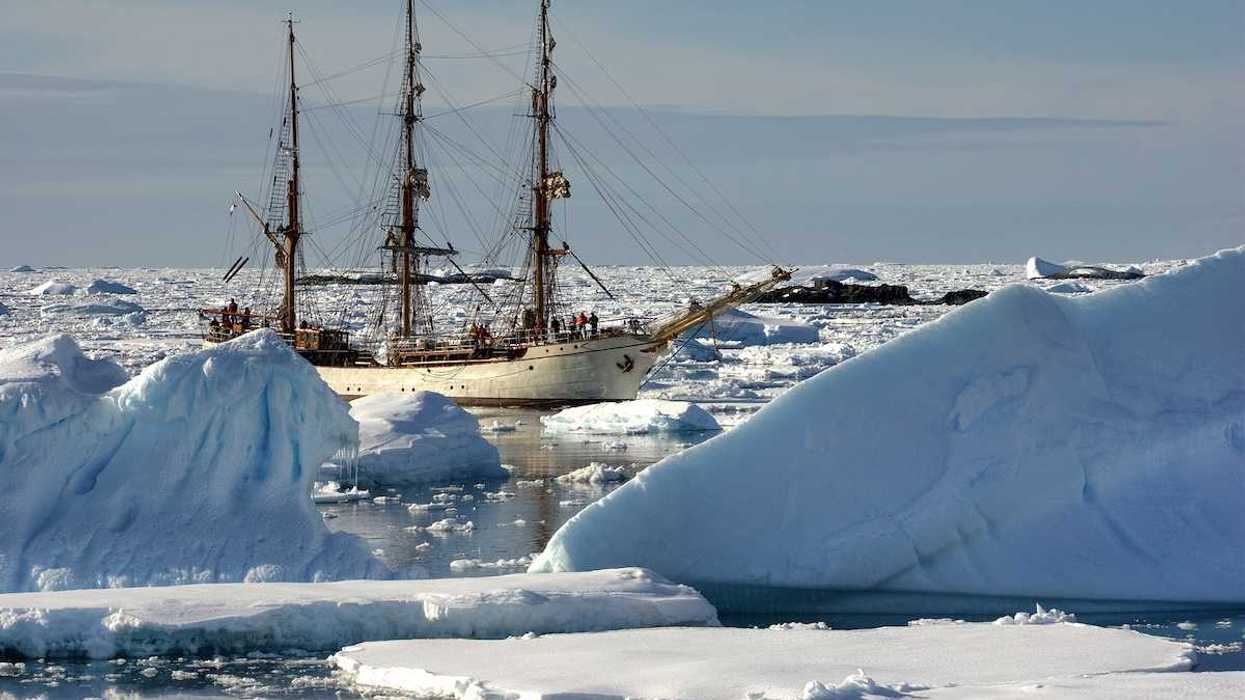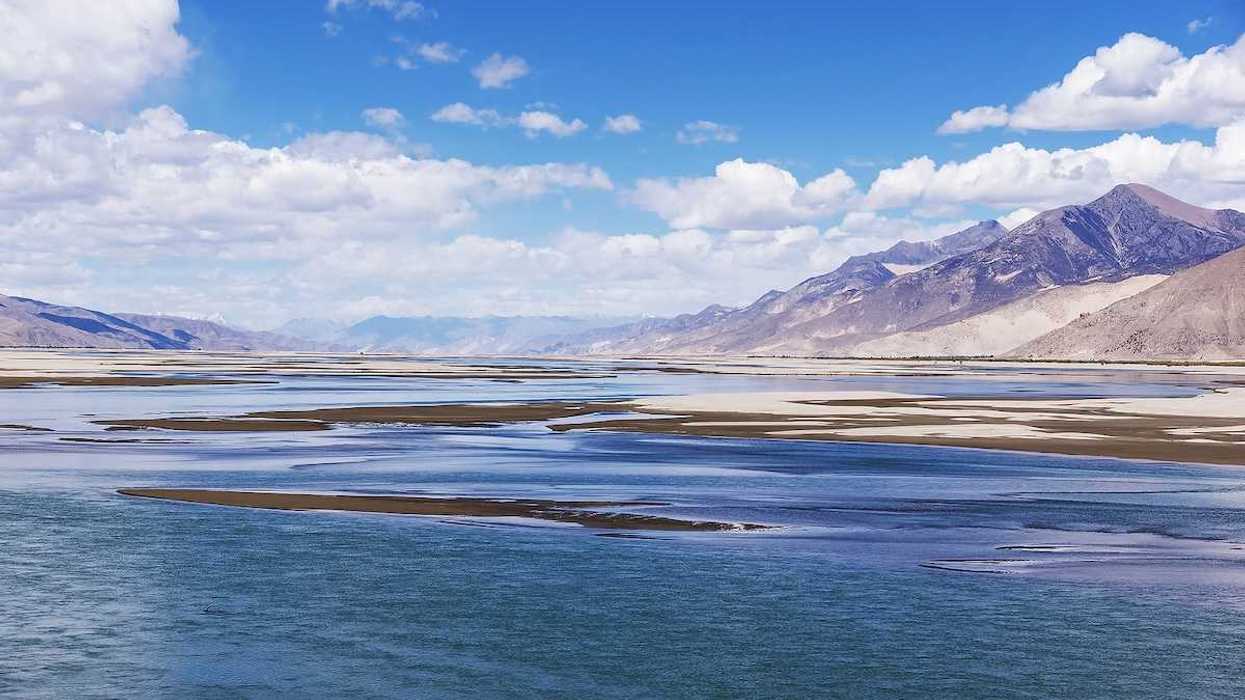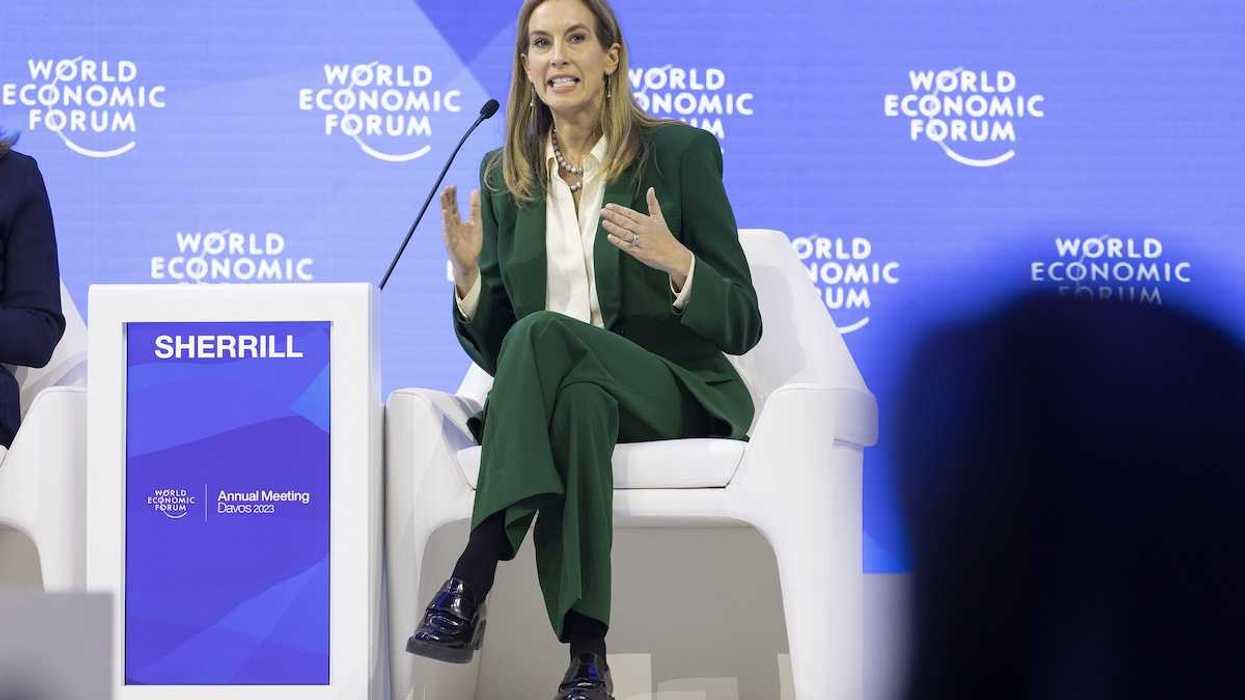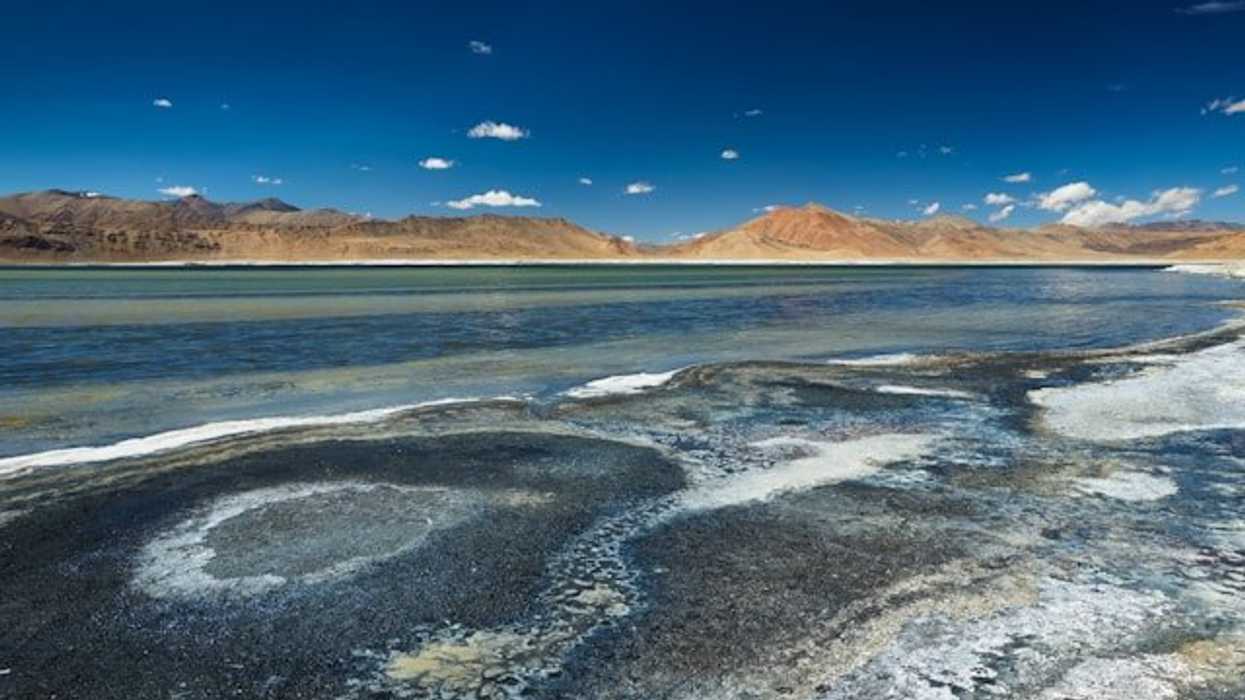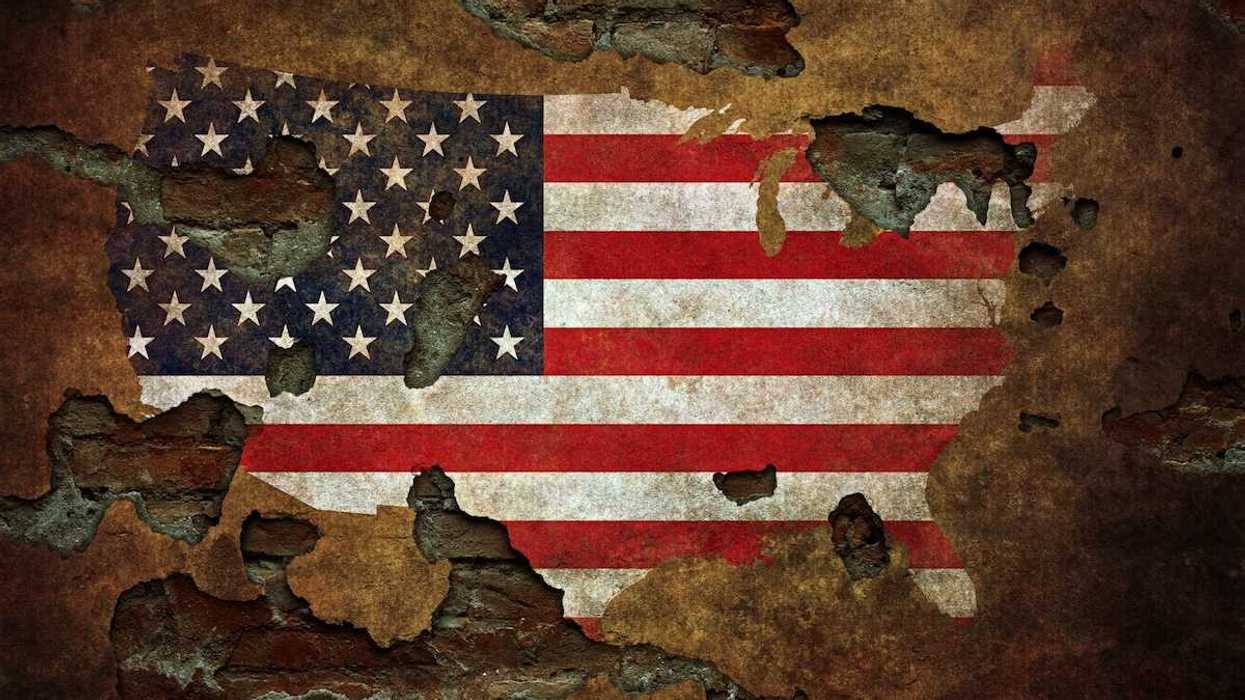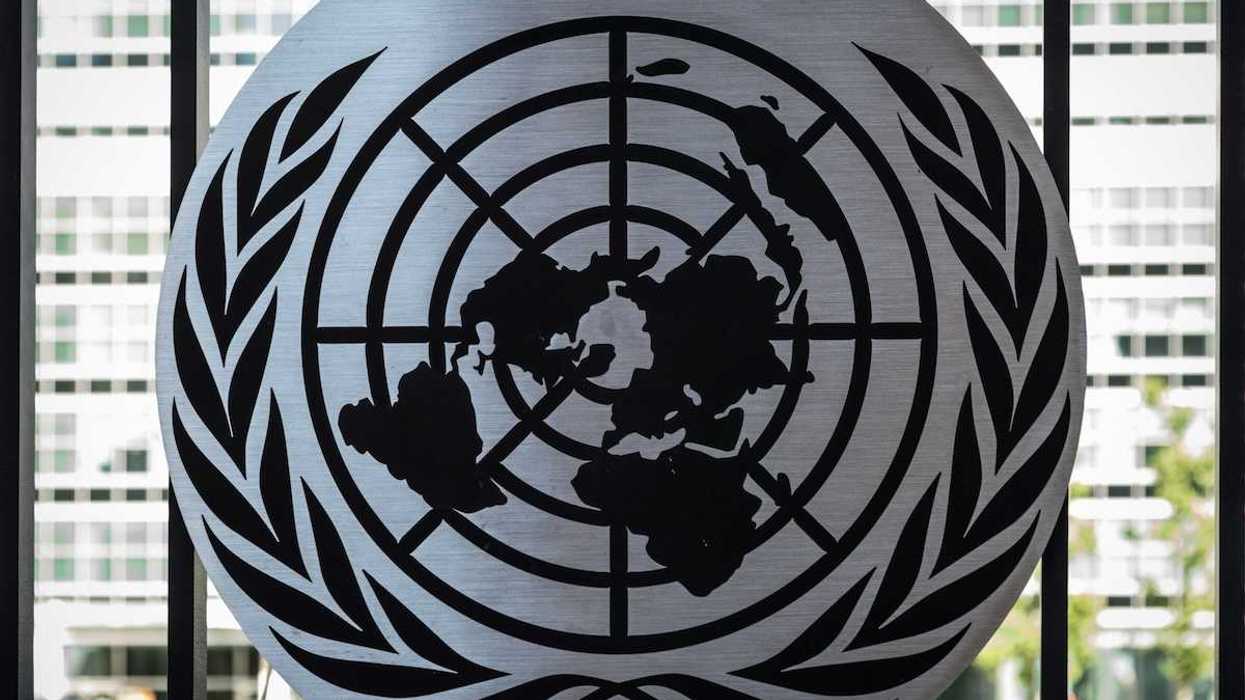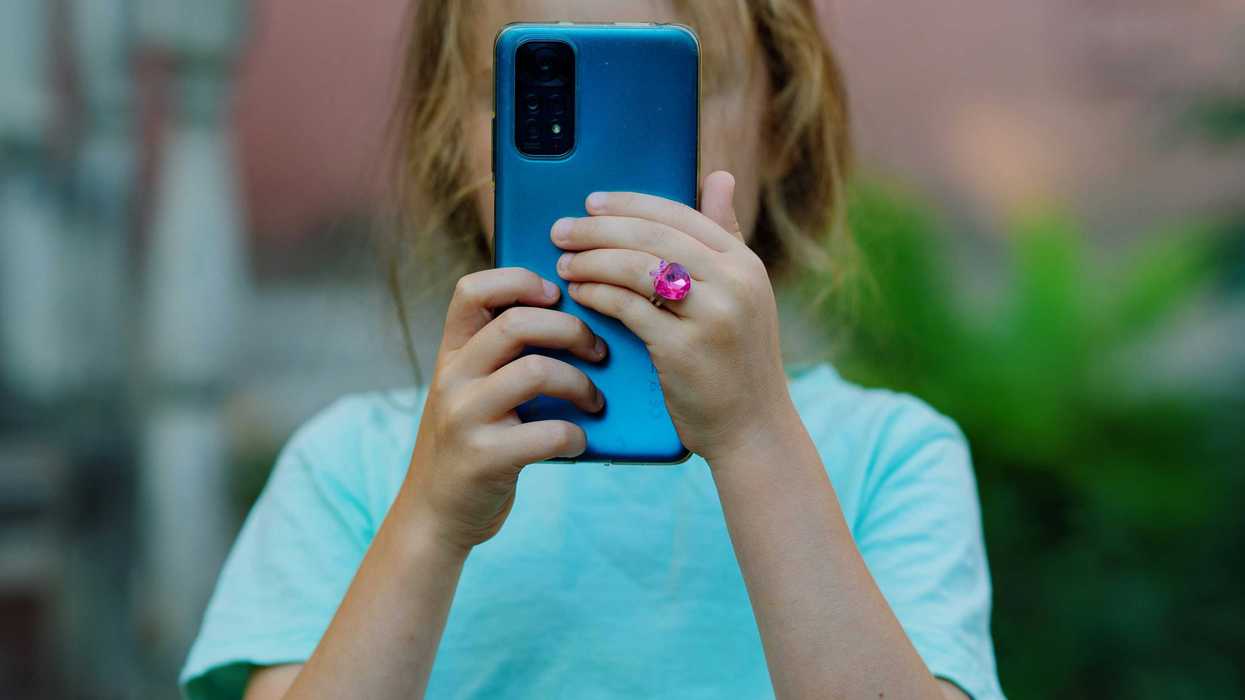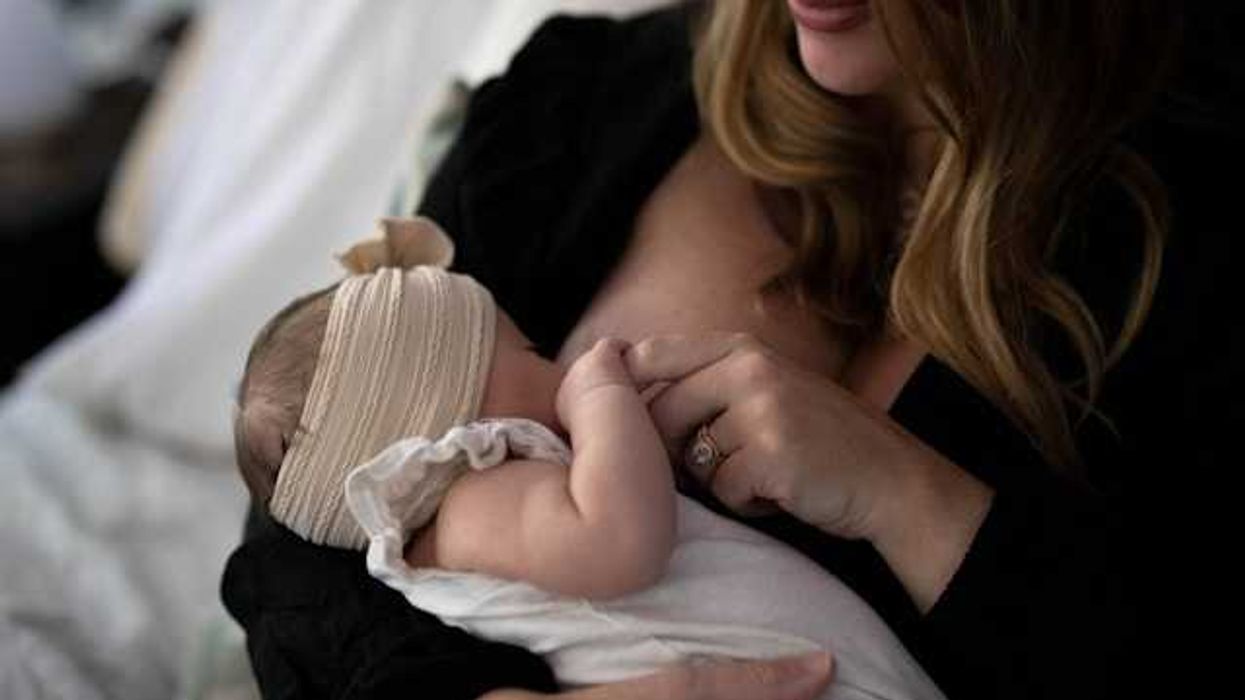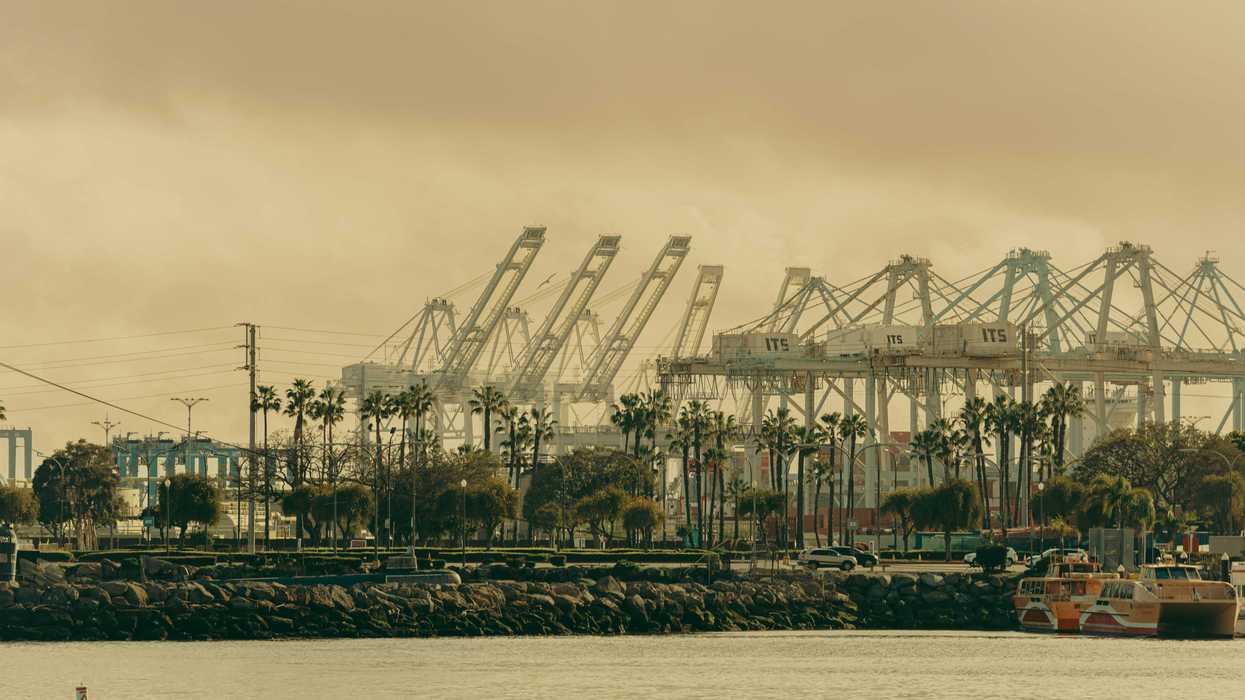Illegal miners, supported by organized crime, continue to ravage the Yanomami Indigenous territory –about 19.7 million acres, almost the size of Portugal– causing severe health and environmental crises for the Yanomami people.
Aimee Gabay reports for Mongabay.
In short:
- Organized crime groups like the First Capital Command (PCC) are aiding illegal miners with logistics, finances and weapons, overwhelming state efforts to control the situation.
- The Brazilian government’s measures to combat illegal mining have been insufficient, leading to continued violence, mercury contamination and severe health issues among the Yanomami.
- The environmental protection agency, IBAMA, struggles with limited resources and reduced military support, hampering their ability to address illegal mining effectively.
Key quote:
"The entry of factions poses greater danger to combat actions, as these criminals have larger caliber weapons and are willing to confront police and inspection agents."
— Alisson Marugal, federal prosecutor in Brazil.
Why this matters:
The Yanomami people's fight against illegal mining is a struggle for survival. Like many other Amazonian Indigenous groups, they are defending their land, their health and their heritage against powerful criminal networks. Advocates argue that this crisis calls for urgent international attention and action to protect one of the world's most vital ecosystems and the Indigenous communities who have stewarded it for centuries.


